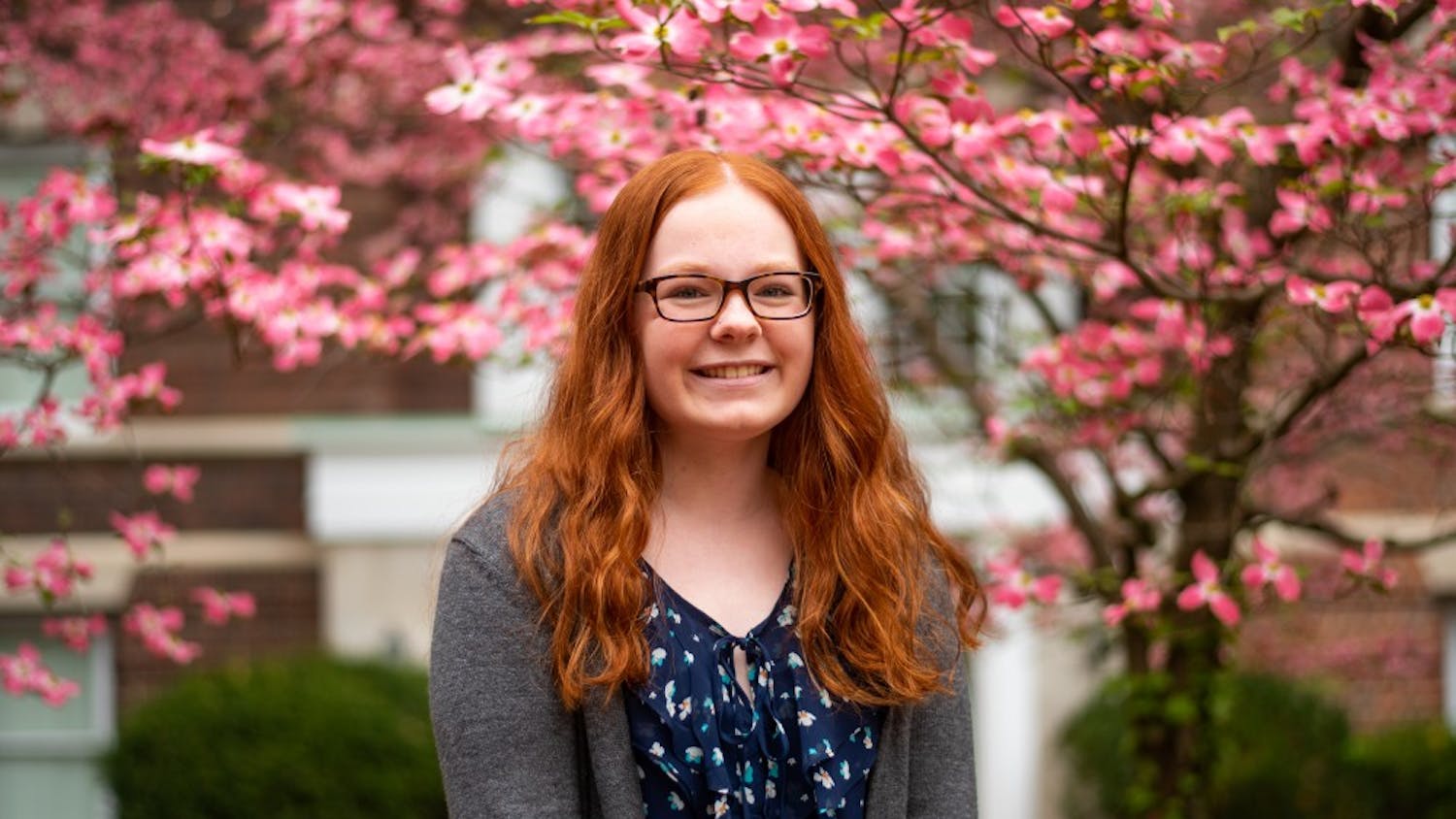If you are a member of the unofficial "dead parent club," it's likely you are familiar with the "s" essay. The "s" essay was a college admission essay written by now-Harvard University student Abigail Mack. Mack shared an excerpt of the essay in a TikTok that went viral and now has 24 million views.
In the "s" essay, Mack talks about how people are quick to assume she has "parents" with an "s" as opposed to "parent." Mack lost her mom to cancer when she was 12 years old. It's a privilege many take for granted to be able to refer to "parents," and it's almost ignorant to think everyone can.
Grief is a complicated concept. It has so many components that it becomes complicated, confusing and even taboo. But grief is a part of life and it's important to talk about it for various reasons. It's true that there are certain parts of losing a parent that only those who have experienced it understand and relate to, but with grief stretching so large, there are many things people don't even realize that come along with the loss of the "s."
Talking about it
Brendan Schoening, a junior studying social work, was two weeks short of turning 12 when he lost his dad after a five-month battle with Leukemia. Schoening said something hidden that comes with losing a parent is that he actually wanted to talk about it with his friends. There's no right way to go about grief or talk about it, but ultimately many people avoid the topic entirely. "I actually wanted to talk about it with my friends, but never did with the fear of making them uncomfortable or not knowing how to bring it up. I also never wanted to be a burden or make them sad," Schoening said. If you know someone who's lost a parent and if it's not too fresh, it'd likely even make their day if you asked them to tell you about their lost parent. Not only is it a freeing feeling, but it also helps keep the lost parent's memory alive.
Growing Up
When you lose a parent at a young age, that is the last version of yourself that your lost parent knew. It's no secret we change from the person we were for example at 12 years old. As you get older, you gain a better understanding of life itself. Changing as a person comes with its own challenges when you've lost a parent because your lost parent will never meet this new version of you. "As you get older, it gets kind of harder in a way," Schoening said. "(You've) adapted to a new life … you get new perspectives and understand more of your own emotions. You feel different about the situation and sometimes have to go through the feelings again," Schoening added. Mya Delaney, a senior studying early childhood education, lost her mom when she was just two months old. "I think what people don't always realize is how (grief) can hit you in waves. I will very randomly get upset over it and I just can't describe it," Delaney said.
Dating and Friends
When you lose a parent at a young age, you're … little. You aren't dating and you might not have even hit puberty yet– there are a lot of changes that come with that. For those who have lost their parent at a young age, dating can be a bittersweet time. On the one hand, you're excited to meet new people and find your person, but there's always that thought in the back of your head wondering what your lost parent would think of the person, and if things go well, you know they'll never meet each other. Especially for girls who have lost their dad, there's always the question of who will walk them down the aisle one day. As for friends, it's highly likely you've made new friends since your parent's death. If the lost parent were alive, they'd surely have an idea of who your friends are, and so it's odd to know they don't know some of the most important people in your life. "When I got to college I found (a) truly great group of friends and it made me realize how (much) I wish they could've met my mom (and) how she would be so happy to meet them," Delaney said.
The little (and big) things
Grief comes along with the big things like missing high school graduation, weddings and large life milestones, but what about having to make waffles by yourself on Saturday mornings? Grief also appears in the little things like having one less person at the dinner table, on some occasions one less paycheck coming into the household and one less person on the earth who loves you unconditionally. "I wish I could tell my dad just (about) my everyday life. I wish I could just give him the ordinary updates every day and seek advice from him," Schoening said. "I wish he could've seen my sister's wedding and how happy she was and how we danced together, and how happy our mom was during that day," Schoening added.
Anniversaries
"People don't realize how hard anniversaries of birthdays, deaths, Mother's Day, etc. are. I find myself really struggling bad (on) those days," Delaney said. With the rise of social media, it's become increasingly more common to see people celebrate their mom or dad on Mother's or Father's day with a social media post. This can be triggering for those who don't have one or the other. One can imagine how it might be difficult, but it's only when you really live it that you understand what it's like. "I've had a friend in college (who) texts me on my mom's birthday every year since we've met and she truly doesn't even recognize the impact she's made just by a simple text," Delaney added. A simple check-in on those parent-designated holidays or a lost parent's birthday really means so much to those who have lost a parent.
These are just a few of the hidden parts of grief– the list could go on and on. Losing a parent is hard, but as time goes on, it gets somewhat easier. It's not because the grief gets smaller but because we get stronger.






